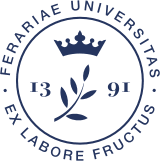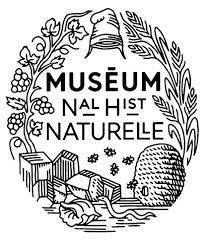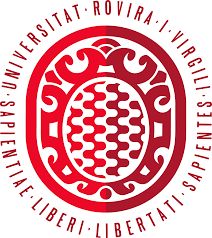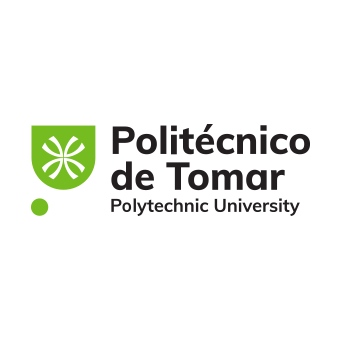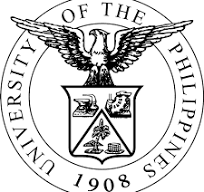INTERNATIONAL ERASMUS MUNDUS MASTER IN QUATERNARY AND PREHISTORY
EVENTS
Elenco dei servizi
-
IMQP Alumni Congress
We are delighted to invite you to the first edition of the IMQP/IDQP Alumni Congress, a two-day event dedicated to reconnecting former students of the International Master in Quaternary and Prehistory and the International Doctorate in Quaternary and Prehistory.
Held on 25 and 26 March 2026, this congress offers a unique space to present your current, past, or most meaningful research in fields such as human evolution, prehistoric archaeology, paleoecology, and cultural heritage. Beyond academic exchange, this event is a celebration of the global community shaped by IMQP and IDQP over the years.
🎓 Who can participate?
All alumni of the IMQP and IDQP programs
🎤 Format
10-minutes presentations + 5-minute Q&A
Sessions will be grouped according to time zone preferences (morning/afternoon CET) to accommodate international participation.
-
UISPP Congress Indonesia- IMQP Session
QUATERNARY PREHISTORY IN SOUTHEAST ASIA: A MELTING POT OF STORY AND KNOWLEDGE - Southeast Asia has become an interesting locus among the discourses on quaternary prehistory for centuries. Recently, numbers of new findings sparked more interests and warm discussion, namely the new stone artifacts from Sulawesi, Homo floresiensis bone from Soa Basin, and Homo erectus from Madura Strait. It is proof that research on quaternary prehistory in this area has not been over yet. Interdisciplinary research and wide collaboration is needed to improve our knowledge on human and ecological evolution, morphological and behavioral variability, and the dispersals of hominin. Several research was initiated by the scholars from the Erasmus Mundus Internasional Masters and Doctoral Programs on Quaternary Prehistory since 2002. This session aims to explore the contributions of these scholars to the development of our knowledge on Southeast Asian quaternary and prehistory. Advancement of themes, techniques, interpretation as well as collaboration networks are the subject to be emphasized in this session. The papers may include wide range of subjects, sites or geographic areas and methodologies, also covers archaeology, paleontology, and heritage studies.
-
NEW! IMQP AI Guide
Guidelines for the Use of Artificial Intelligence in Study and Research
This guide provides practical advice and critical reflections on the responsible use of artificial intelligence in academic contexts. It is designed to help IMQP students and researchers integrate AI tools in a thoughtful, ethical, and meaningful way, while preserving independent thinking and scientific rigor.
-
IMQP funded by EACEA in 2024
The application made by the IMQP master to the EACEA has beeb selecte fof funding and we will have a new full partner: The University of the Philippines Diliman. Thanks to the Erasmus Mundus Programme
-
Happy Birthday IMQP!
2004-2024: The IMQP master's program turns 20! thanks to the Erasmus Mundus program to everyone who has supported us and to all our students!
